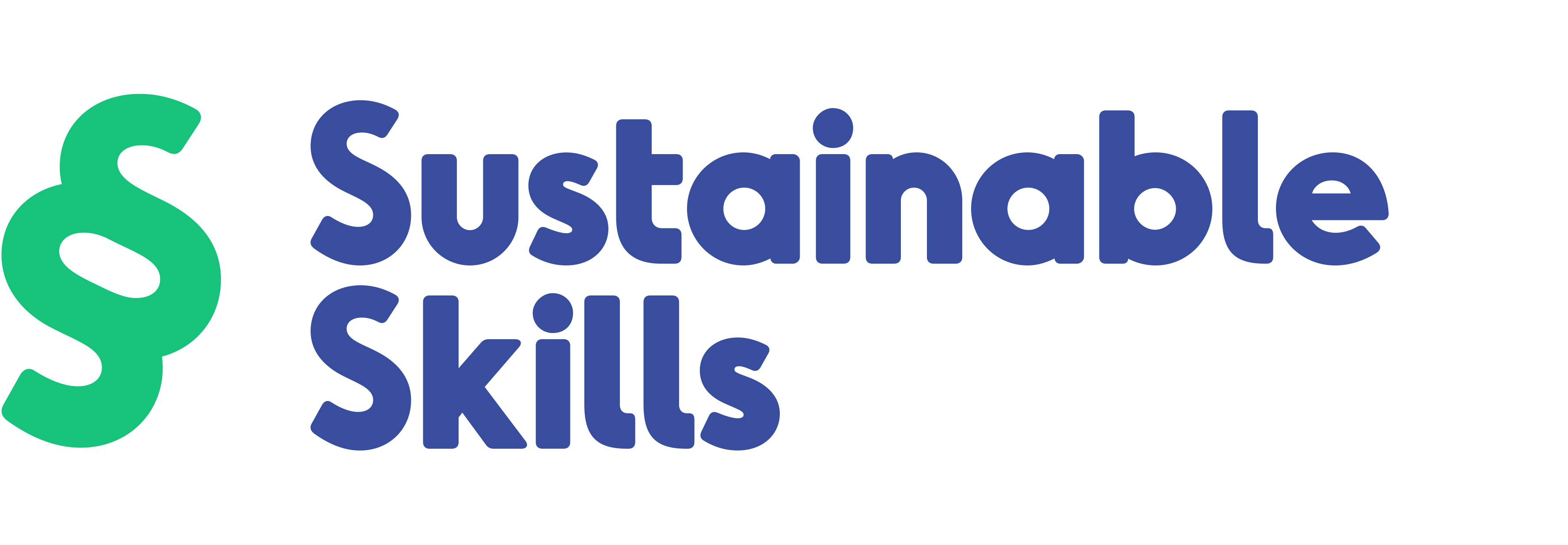 It’s been 2 years since the SkillsDMC Board determined to remodel SkillsDMC into Sustainable Skills a not for profit international consultancy that develops, supports and assists effective technical and vocational education and training (TVET) systems worldwide.
It’s been 2 years since the SkillsDMC Board determined to remodel SkillsDMC into Sustainable Skills a not for profit international consultancy that develops, supports and assists effective technical and vocational education and training (TVET) systems worldwide.
During the past two years we have been developing projects and exploring opportunities in several countries. Our focus has been in Indonesia, whilst also exploring opportunities in Myanmar, Vietnam, Thailand, Kenya, Uganda and Ethiopia. Our approach has been to work with Governments, take key principles of the Australian VET system, understand the local culture and develop solutions.
Since entering the Indonesian market two years ago we found a country with a strong desire to improve its VET system that has a high degree of alignment with industry demand and a practical design that supports the needs of low-income communities.
President Joko Widodo adopted a strategy in 2016 that placed political priority on a highly ambitious infrastructure program that would establish reliable industrial scale electricity across the archipelago, creating reliable transport networks and promoting a series of large-scale tourism destinations. Skills are a major constraint on Indonesia’s ability to grow the economy and bring people out of poverty.
This creates a huge opportunity for Indonesia to build skills. These jobs require world standard competencies and a training system that will deliver world standard skills, otherwise more foreigners will be required.
Working with the Indonesian Government we are developing TVET capacity building projects to seize this opportunity including a new national TVET Centre of Excellence which will develop Indonesia’s TVET system the Indonesian way, the establishment of an Australian led Indonesian managed training centre and a capacity building project to build the skills needed to establish 35 GW of energy across the archipelago. The Indonesian Government estimates the construction and operating of this system will create 1 million jobs.
This creates a huge opportunity for Indonesia to build skills and bring more people out of poverty.
Australia has an opportunity, in Indonesia, to not only attract foreign students but to also develop offshore opportunities and extend the value of our education capabilities and expertise.
This requires the development of new solutions. Indonesia needs direct help to not only reform the VET system but also to develop the soft skills needed to implement reform.
Opportunities are not straight forward, and no one would advocate a rush of investments in Australian-styled institutions in environments with very different economic and social drivers, not to mention much lower incomes. But the risks can be managed and the scale requirements beyond the initial capacity-building are manageable.
Sustainable Skills has developed several very interesting opportunities that we will continue to explore and develop. Each requires a local focus and strong guidance from experienced Australian specialists. This will take time, but we are confident that strong results will emerge from the application of that Australian expertise.
